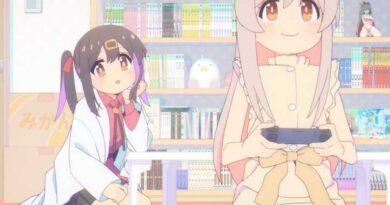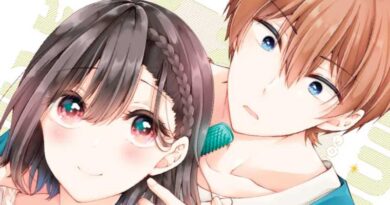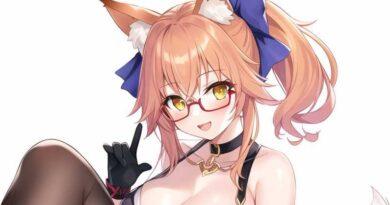Myjitsu: Otakus Cannot Refute Feminists While this still Exists
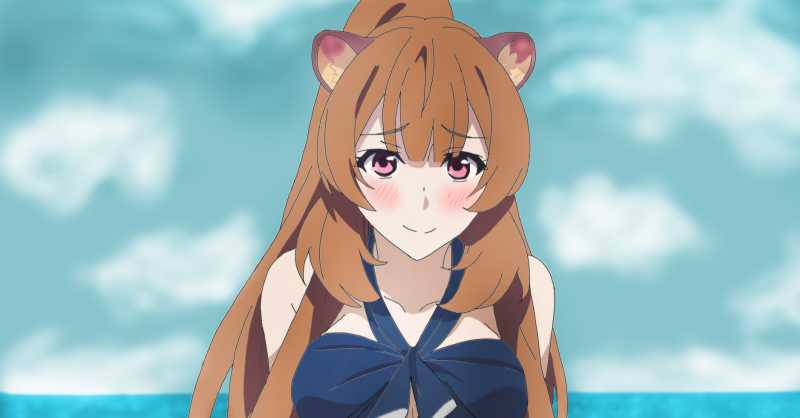
The Myjitsu website published an article on January 8th called: “Otakus Cannot Refute Feminists?”, and talks about a controversy that was started by a politician who complained in her official profile about an advertisement that a Mahjong game was running on a season.
So their article mentions a genre of stories that is quite common in light novels coming from Narou (nickname for the site where it is possible to write webnovels, ReZero and Mushoku Tensei were first published on this site).
Basically they cite the stories that have the “Slave Heroine”, these are novels where the protagonist ends up buying a slave and this slave is the main heroine of the story. An example of such a story is Ie ga Moete Jinsei Dou Demo Yoku Natta kara, Nokotta Nakenashi no Kin de Dark Elf no Dorei o Katta.
In this novel (which is also published in manga), the protagonist Harold ends up losing his house in a fire, without caring about anything else, he decides to go to a slave auction and ends up spending all his money buying the slave Atie.
Atie and Harold go on to do missions together until they have the first of many times from him, and there’s a scene where Atie says the following while touching her bondage necklace:
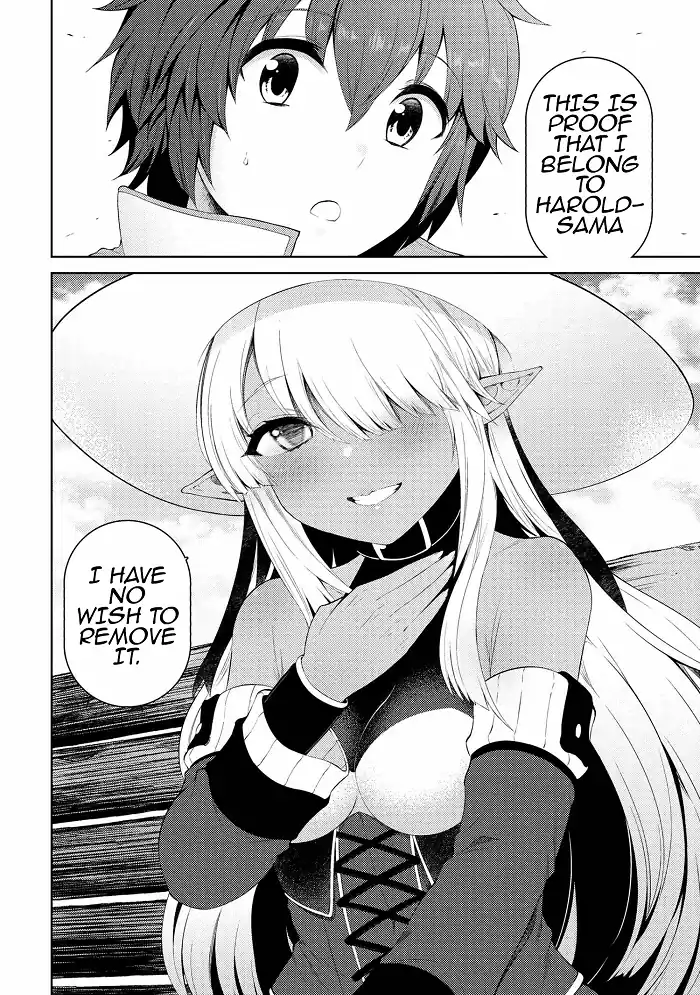
Otakus Cannot Refute Feminists While this still Exists?
So the article also mentions other animes that have become quite popular and that have slave heroines, such as The Rising of the Shield Hero. Myjitsu says that otakus are divided into this type of story, saying that there are those who like it but there are those who cannot read stories like this.
They claim that these types of stories classified as “Sexual Exploitation” and that it was set as a target to receive criticism. Not even mobile games are left out.
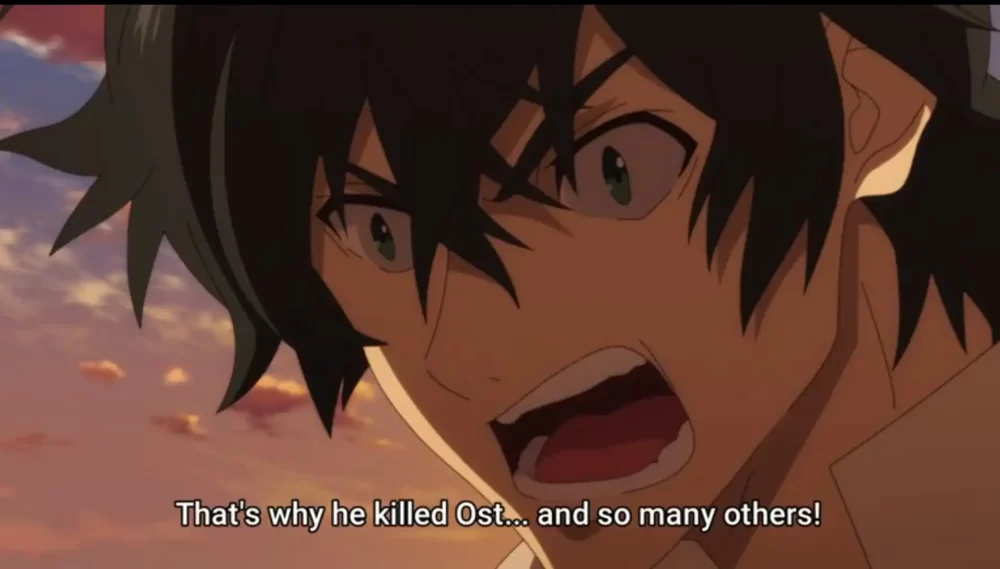
Myjitsu cites mobile games that feature romance based on “positions of power”, for example, in Blue Archive the player is the girls’ teacher, in Uma Musume we are the coach, in Azur Lane we take the role of Admiral.
But while the site says all these things, they say that it’s okay to write about power-based romances, and that free speech guarantees that. But in relation to “slave heroines” it is natural that part of the public is against it.
Myjitsu then ends by saying that there is “no escape” for otaku to say that “They do not get involved with sexual exploitation”, referring to stories of slave heroines, and that “to protect our world”, it is “necessary to confront the ethics of expression and its harmfulness”.
Ultimately for them basically as long as stories of slave heroines exist, otakus cannot refute criticisms coming from feminists.
Let’s see how some Japanese reacted to the Myjitsu article?
“Feminists don’t even realize they’re being refuted, nor admit it”
“There’s no reason for the two groups to get in touch, because there’s nothing to talk about”
“Feminists should at least distinguish what is real from what is not”
“This is something, it’s not about discrimination but about scenery, I don’t want to see that kind of thing in a tourist spot in Japan”
“A lot of shoujo manga are like that too”
“Why don’t women read manga where men are slaves?”
via: Nijipoi

